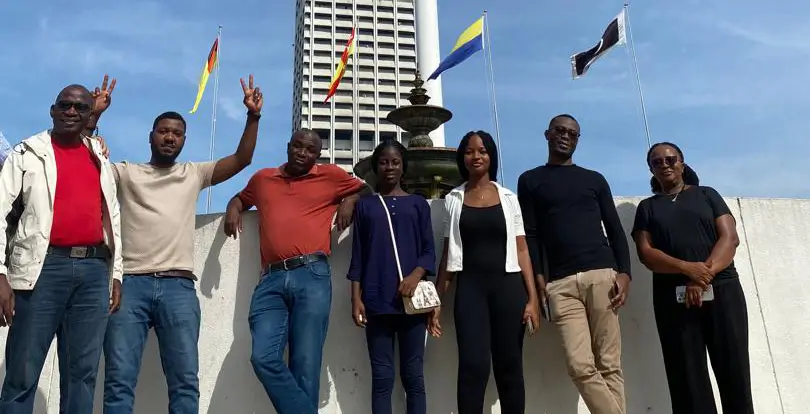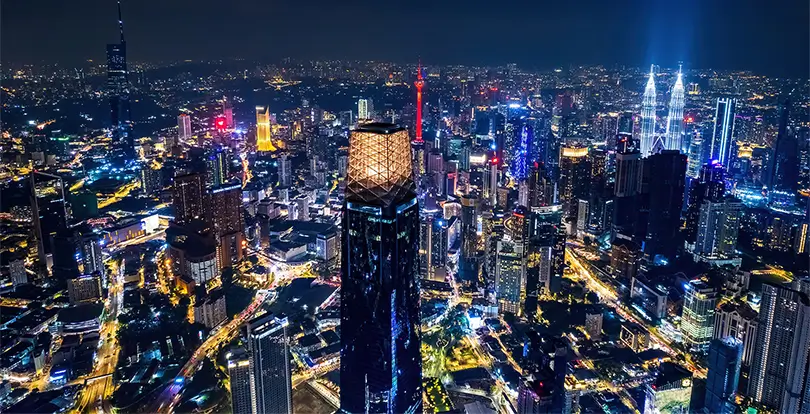Circular Economy and Sustainability
As natural resources become scarcer and social and environmental pressures rise, transitioning to a circular economy is no longer optional for emerging economies — it is strategic. Beyond recycling, circularity requires redesigning value chains, urban systems, public procurement and project management to minimise waste, retain material value, decouple growth from resource use and strengthen resilience. Donors and financiers increasingly expect integrated sustainability approaches and measurable outcomes.
This two-week executive seminar equips managers, policymakers and programme leads with theory, practical tools and operational pathways to design, implement and finance circular economy initiatives that deliver social and economic value in developing country contexts.
Register for our next sessions

Circular Economy and Sustainability

Circular Economy and Sustainability
Can't find the dates you want?
Let us know if you’re interested in the next session, or would like advice on a similar topic, and let us know when and where you’d like to meet.
Practical Objectives:
- Understand the fundamentals of the circular economy and its connection to the Sustainable Development Goals (SDGs).
- Analyse the economic, social and environmental impacts of projects integrating circularity.
- Identify concrete and replicable solutions to reduce waste, reuse resources and create shared value.
- Integrate circular approaches into planning, public procurement and infrastructure management.
- Align their projects and programmes with the priorities of international donors and financial institutions.
Training Seminar Topics
Foundations and Global Framework
Principles of the circular economy, including reduce, reuse, recycle, and regenerate. Linkages with the Sustainable Development Goals (SDGs). Governance challenges and North-South equity in access to resources.
Tools and Operational Approaches
Concepts of industrial ecology and inter-enterprise symbiosis. Integration of circular practices into public policy and project management. The role of sustainable and responsible procurement in advancing circularity.
Innovations and Enabling Technologies
Emerging technologies for resource management such as rare earth recycling and renewable energy. Digitalisation, artificial intelligence, and blockchain for traceability and transparency. Smart and circular cities as pathways to sustainable infrastructure.
Perspectives and Trends
Promising initiatives in emerging and developing countries. The role of international donors and financial institutions in promoting circular economy projects. New business models and financing opportunities that support sustainable development.